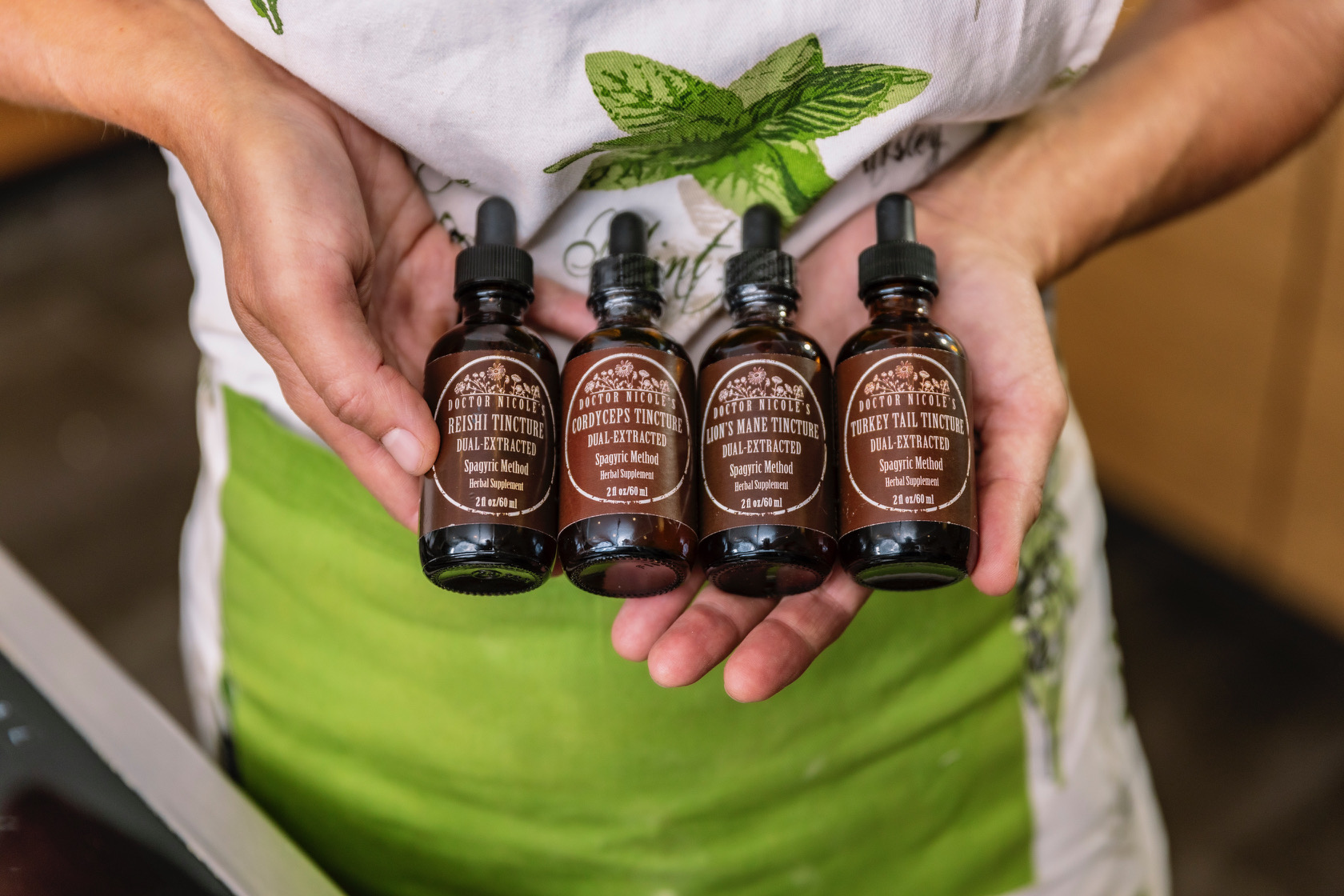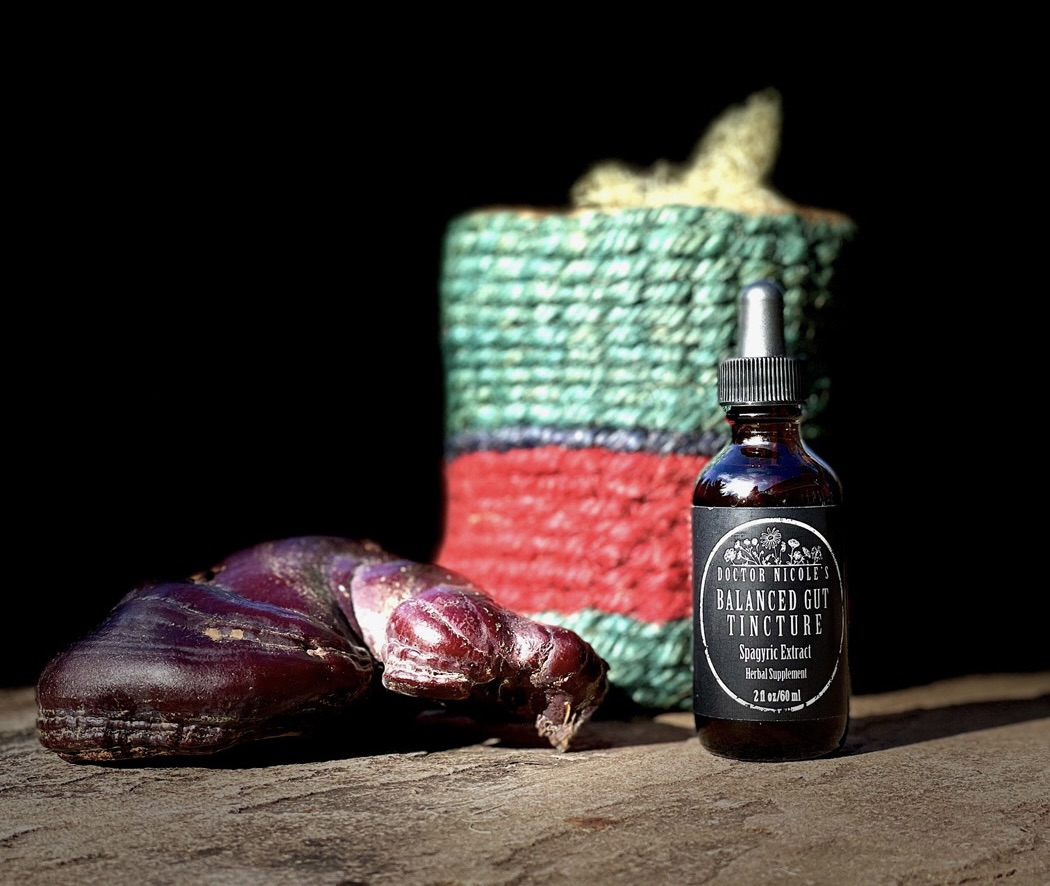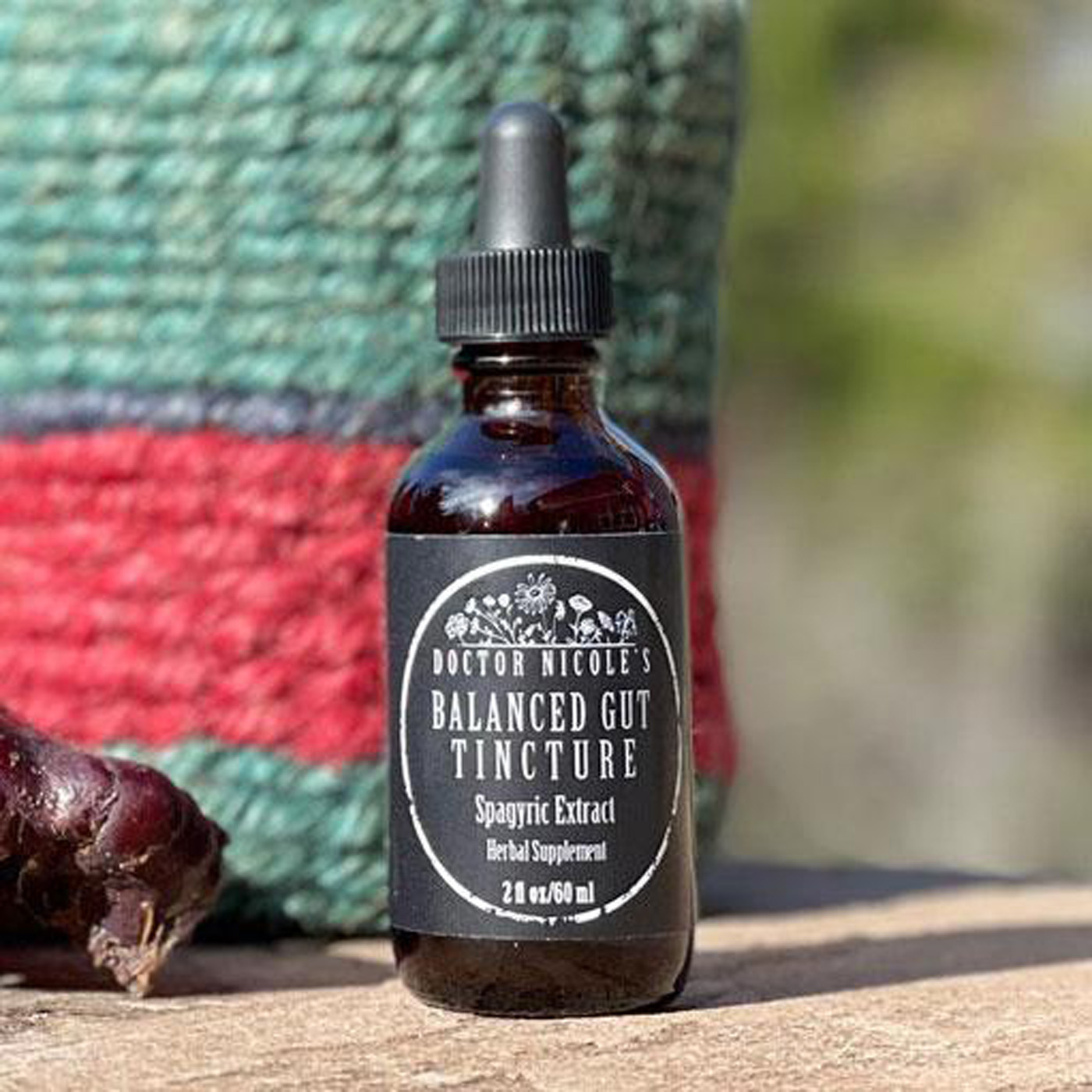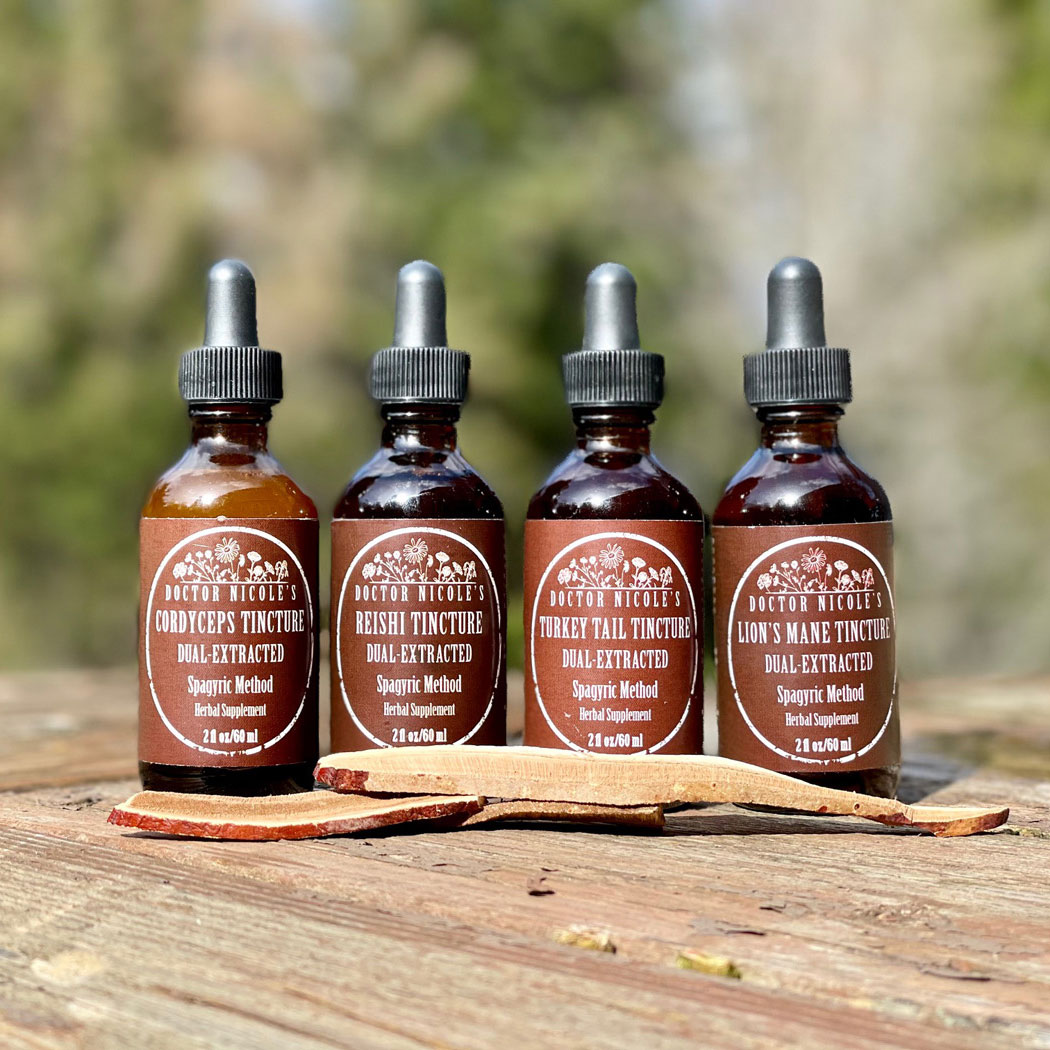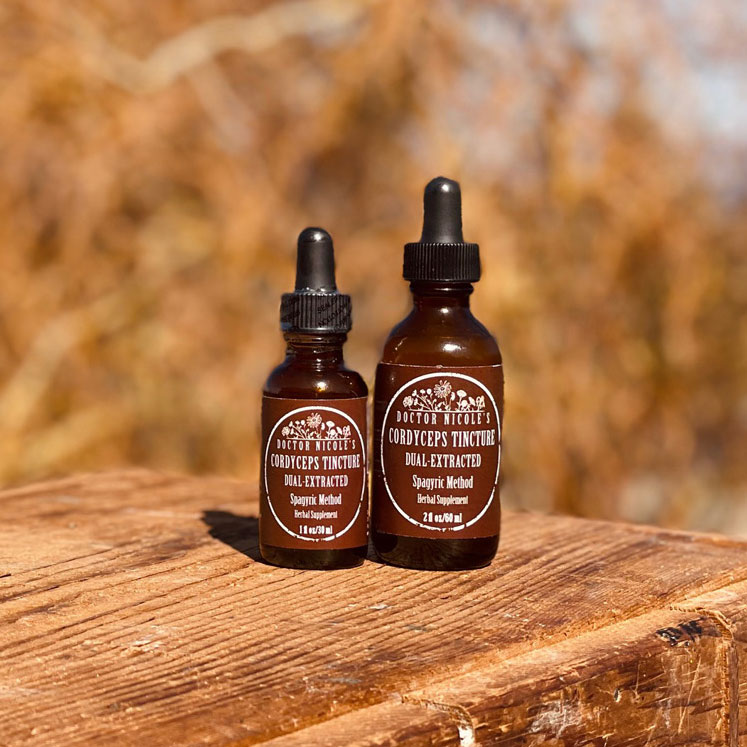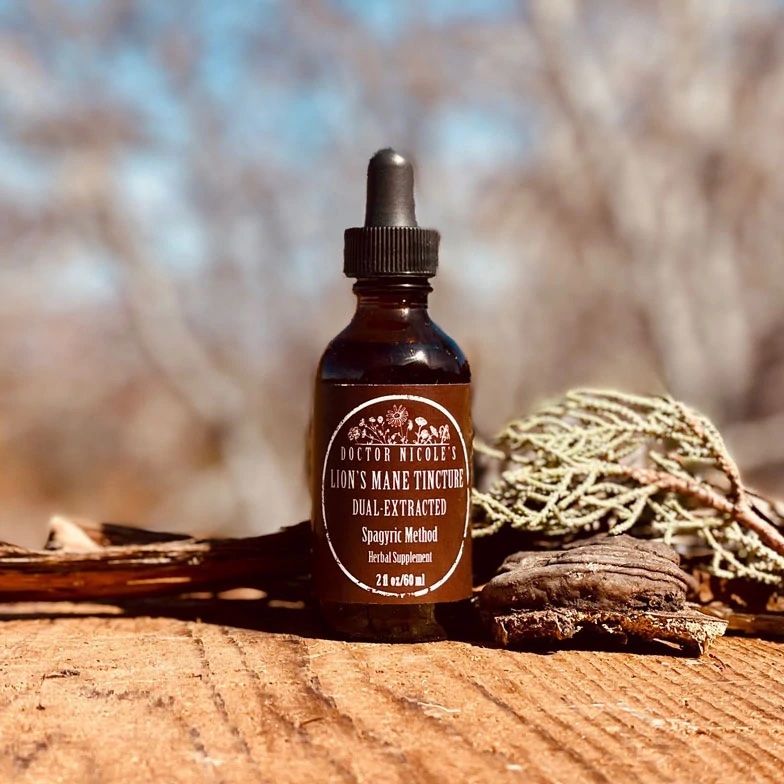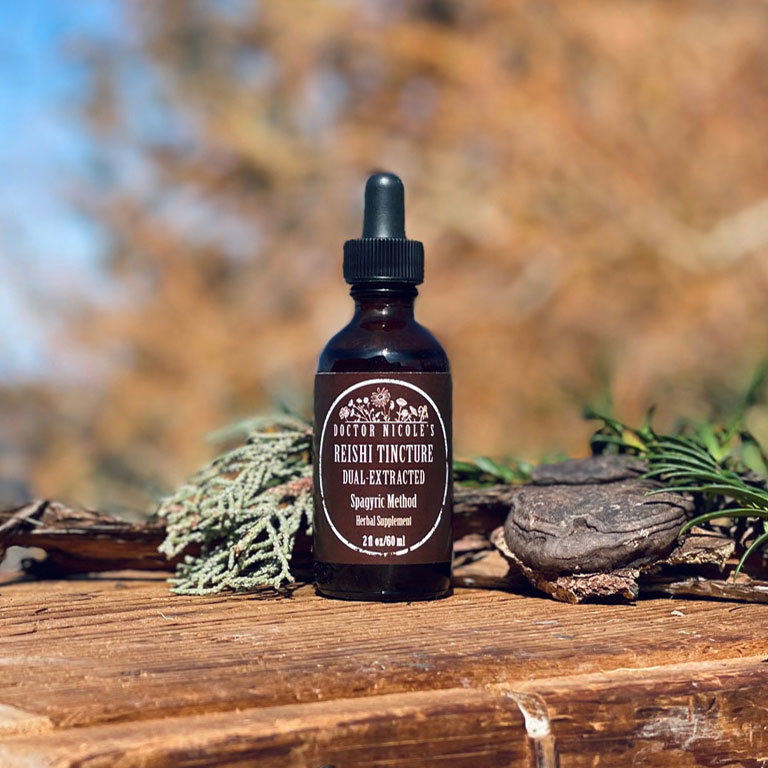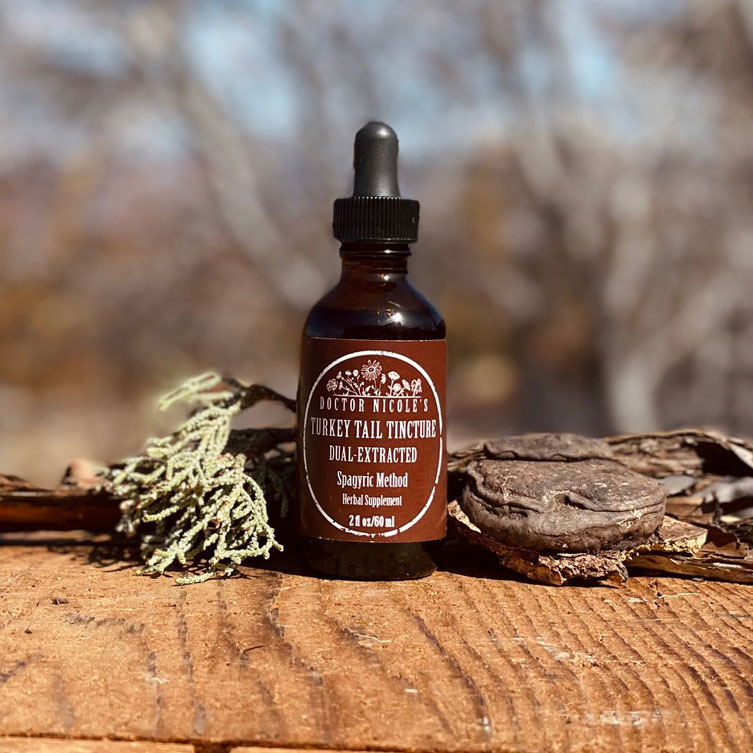A Novel Approach to MS
Could a parasitic infection help multiple sclerosis patients? Recent research says yes. Over the years, scientists have realized that those who live in countries with the highest parasitic infections also have the lowest levels of MS. Because of this, they have been testing the impact these tiny interlopers have on multiple sclerosis in a clinical setting. Interestingly, when those same countries adopted more rigorous hygiene practices, their levels of multiple sclerosis rose.3 Why? Researchers believe certain parasitic infections help to regulate the immune system by increasing the percentage of circulating regulatory T-cells. It is a fascinating area of research that may offer a novel method for addressing symptoms of the disease.
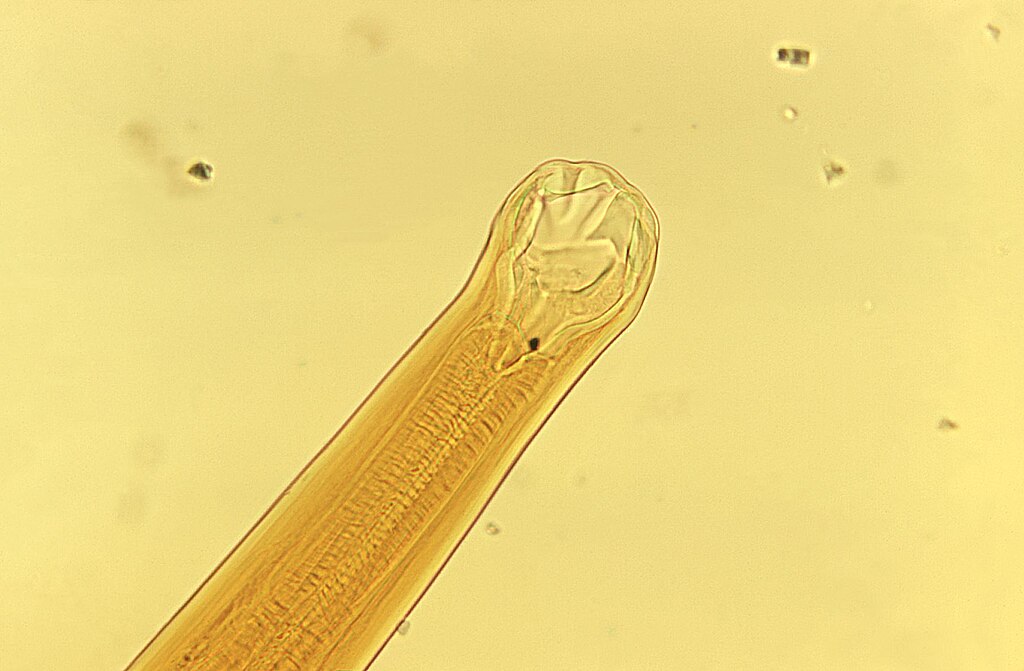
Taking a Second Look at Hookworms
Typically, when we consider parasites it is with the intention to eliminate them. But a 2020 study published in the journal JAMA Neurology1 may give you pause for thought — especially if you are an MS patient. The research team involved with the study examined whether a hookworm (Necator americanus) infection could help to mitigate the disease. Seventy-one patients with relapsing-remitting MS (RRMS) were recruited for the clinical trial. Characteristics of this form of MS include vision issues, dizziness, and fatigue that can flare, then fade away.
Half of the participants were exposed to 25 microscopic hookworm larvae that were applied via a plaster on the arm. The remaining patients received a placebo plaster. Each group underwent an MRI scan at the beginning of the study to document the number of lesions present on their brain. During the course of nine months, the patients went through regular scans to record new or worsening scarring.
At the end of the trial, the number of new lesions did not differ significantly between both groups. However, more than half who received the hookworm treatment had no new lesions at all. Moreover, the researchers found that those in the hookworm group had an increase in regulatory T-cells, which help to modulate the immune system and keep it under control. This type of cell is deficient in those with multiple sclerosis. Generally, hookworm treatment is well-tolerated with only mild gastrointestinal complaints reported, but in some there is the possibility that a parasitic infection can make MS worse.3
Lead author David Idris Pritchard, Professor of Parasite Immunology at the University of Nottingham, UK, notes, “In essence, we were able to safely and easily deliver a living drug to humans, an organism which has long lasting modulatory effects on the immune system, given the time the adult parasite is resident in the small intestine (years).” He adds, “Clearly, this study has set the scene for follow up trials, where I would envisage booster infections being given to enhance the immune modulation already recorded. The dosage used in the current study (25 larvae) was the maximum permitted under regulatory guidelines, therefore boosting with this dose would be preferable to increasing the level of primary exposure.”2
Alternative Methods for Managing Multiple Sclerosis & Autoimmunity
If the idea of becoming infected with a parasite to manage your autoimmune condition is unappealing, good news! There are safe and effective natural methods available that do not involve parasites. These are the same botanicals that restored my own health and got me out of my wheelchair. What’s more, my MS hasn’t progressed in over two decades. The four pivotal medicinal mushrooms that I use every day are reishi, turkey tail, lion’s mane, and cordyceps. Each is found in my convenient Mushroom FOURtress. Our Balanced Gut Blend is also a mainstay in managing my autoimmunity. Here’s why.
Reishi — This mighty mushroom fosters quality sleep, alleviates adrenal fatigue, and encourages healthy immune function. It also strengthens the body against the negative effects of stress, including: hormonal imbalances, high cortisol, fatigue, brain fog, leaky gut, and low energy, which are often seen in autoimmune disorders. Additionally, it reduces autoimmune flares by calming inflammation and modulating the immune system.6
Turkey Tail — A known immune modulator, turkey tail is an effective medicinal herb for autoimmune conditions. It also helps to heal leaky gut, addresses fatigue, calms inflammation, and fights bacterial and viral infections to help lower the risk of autoimmune flares.
Lion’s Mane — Along with strong anti-inflammatory action, this mushroom also boosts cognitive function; lessens insomnia, anxiety, and depression; and improves energy by raising blood oxygen levels. Importantly, it helps to repair damaged nerve cells in the spinal cord and brain by encouraging Nerve Growth Factor (NGF) — an important consideration for those with MS. It also has the unique ability to stimulate the growth of brain cells.5
Cordyceps — Helping to improve memory, learning, and reducing oxidative damage to cells, cordyceps is also outstanding for fighting inflammation, boosting cognitive function, and inhibiting viral entry and replication in the cells.
A word about leaky gut. Increased intestinal permeability, otherwise known as leaky gut, is often associated with autoimmune disorders.4 The condition is caused when the gut lining becomes excessively permeable, allowing toxins and proteins from food to enter into the bloodstream. This in turn triggers body-wide inflammation, which worsens autoimmune symptoms. What’s more, leaky gut can cause significant digestive issues, diarrhea, allergies, pain, brain fog, mood swings, skin problems, and hormonal imbalance. Needless to say, if you are diagnosed with an autoimmune condition, healing the gut is crucial.
This is where our Balanced Gut Blend comes in. This convenient and easy-to-use tincture contains powerful botanicals to support and soothe the gut lining so that it can heal. Formulated with reishi, lion’s mane, and turkey tail medicinal mushrooms, it helps to calm inflammation, modulate the immune system, and provide prebiotics to balance the microbiome. Whereas, slippery elm, marshmallow root, and plantain form a protective layer in the gut to soothe the mucous membranes so that the intestinal wall can regenerate.
“I have known about Nicole and her journey with MS for several years but like most I have been relying on modern medicine to help my MS. My spasticity and weakness in my legs has been getting worse and I even started using a cane. My fatigue was horrible. I often didn’t know how I was functioning at all. I started taking the Mushroom Fourtress a few days ago. Within two days my spasticity was gone and my fatigue was gone in three. This is life changing! I will continue to use these products.” -Chuck E.
If you have multiple sclerosis or another autoimmune disorder, natural medicines can play an important role in managing symptoms and help you to truly thrive. Visit the apothecary today to learn more about how herbal remedies can change your life for the better!
Nicole Apelian
Nicole’s Apothecary Products in this Post
References
- Radu Tanasescu, Christopher R. Tench, Cris S. Constantinescu, Gary Telford, Sonika Singh, Nanci Frakich, David Onion, Dorothee P. Auer, Bruno Gran, Nikos Evangelou, Yasser Falah, Colin Ranshaw, Cinzia Cantacessi, Timothy P. Jenkins, David I. Pritchard. Hookworm Treatment for Relapsing Multiple Sclerosis. JAMA Neurology, 2020; DOI: 10.1001/jamaneurol.2020.1118
- University of Nottingham. (2020, June 18). Hookworm trial offers new hope to MS patients. ScienceDaily. Retrieved September 4, 2023 from www.sciencedaily.com/releases/2020/06/200618150223.htm
- “Parasitic Worms” Multiple Sclerosis Trust, August 2021. https://mstrust.org.uk/a-z/parasitic-worms
- Mu Q, Kirby J, Reilly CM, Luo XM. Leaky Gut ss a Danger Signal for Autoimmune Diseases. Front Immunol. 2017 May 23;8:598. doi: 10.3389/fimmu.2017.00598. PMID: 28588585; PMCID: PMC5440529
- Lai, P. L., Naidu, M., Sabaratnam, V., Wong, K. H., David, R. P., Kuppusamy, U. R., Abdullah, N., & Malek, S. N. (2013). Neurotrophic properties of the Lion’s mane medicinal mushroom, Hericium erinaceus (Higher Basidiomycetes) from Malaysia. International journal of medicinal mushrooms, 15(6), 539–554. https://doi.org/10.1615/intjmedmushr.v15.i6.30
- Lin Z. B. (2005). Cellular and molecular mechanisms of immuno-modulation by Ganoderma lucidum. Journal of pharmacological sciences, 99(2), 144–153. https://doi.org/10.1254/jphs.crj05008x


